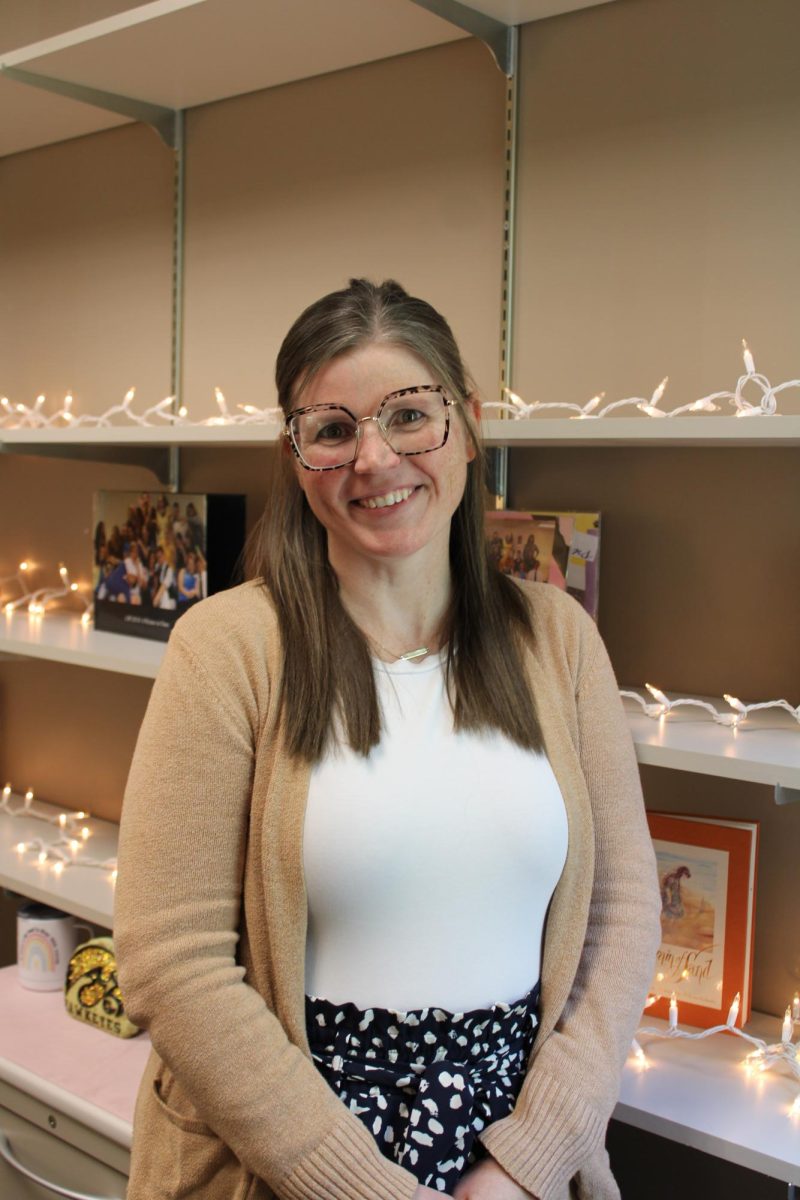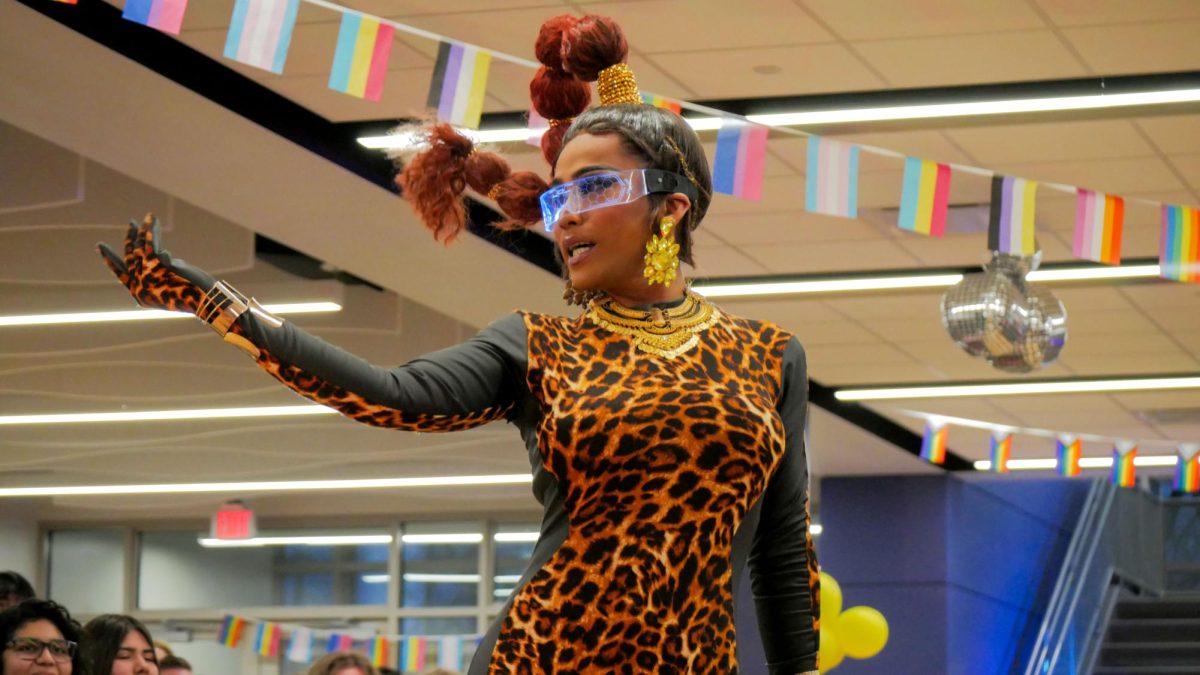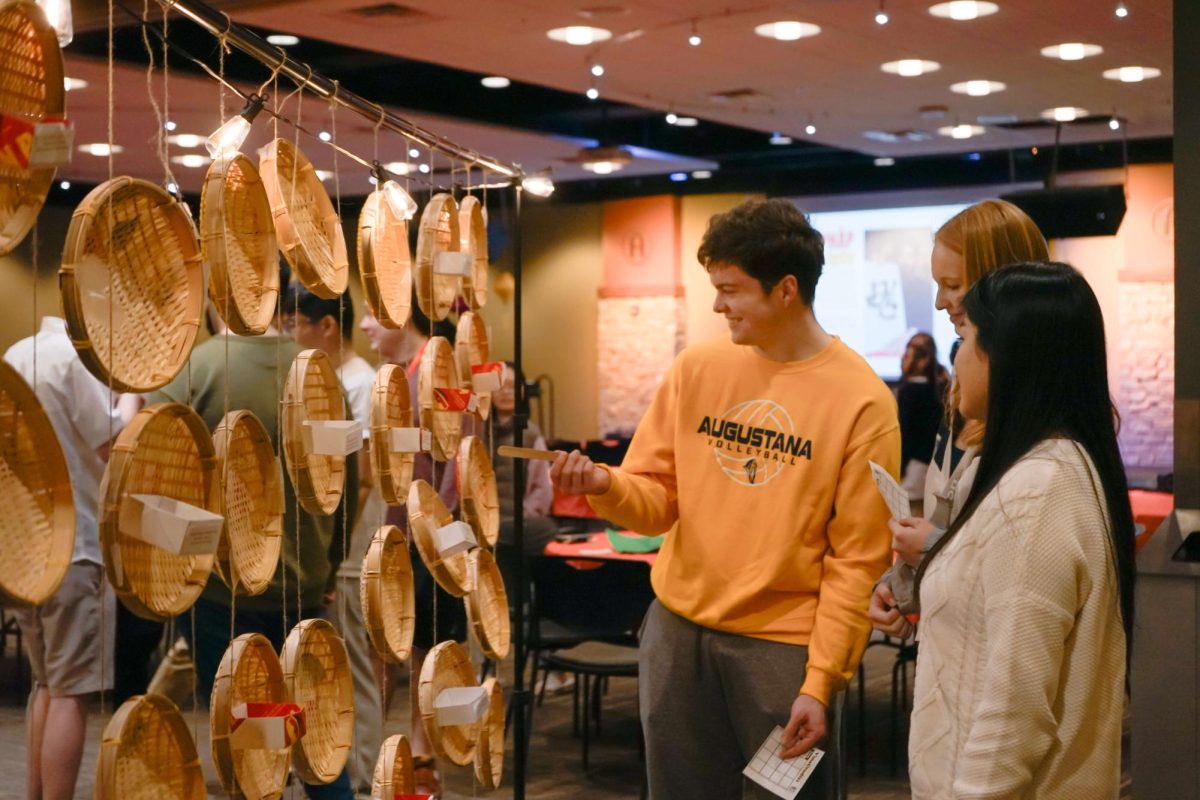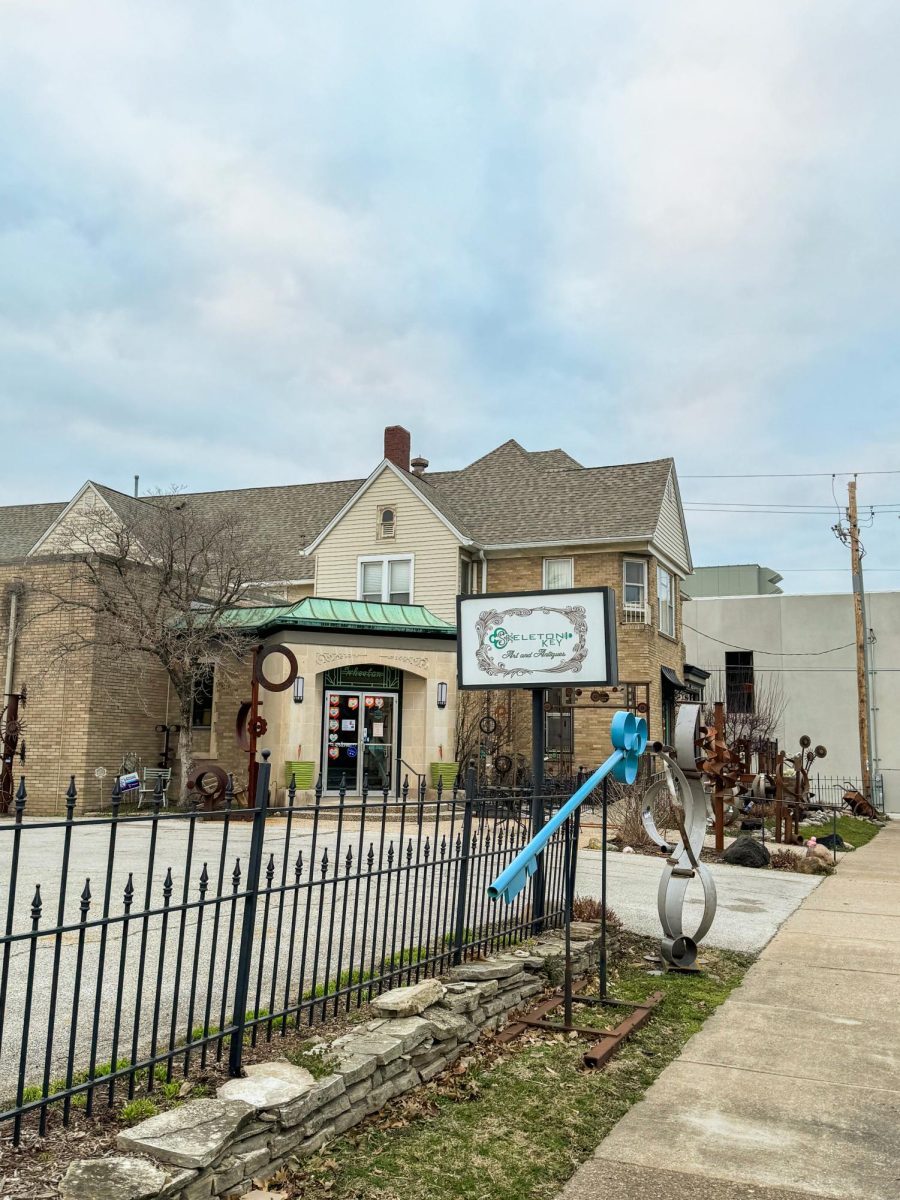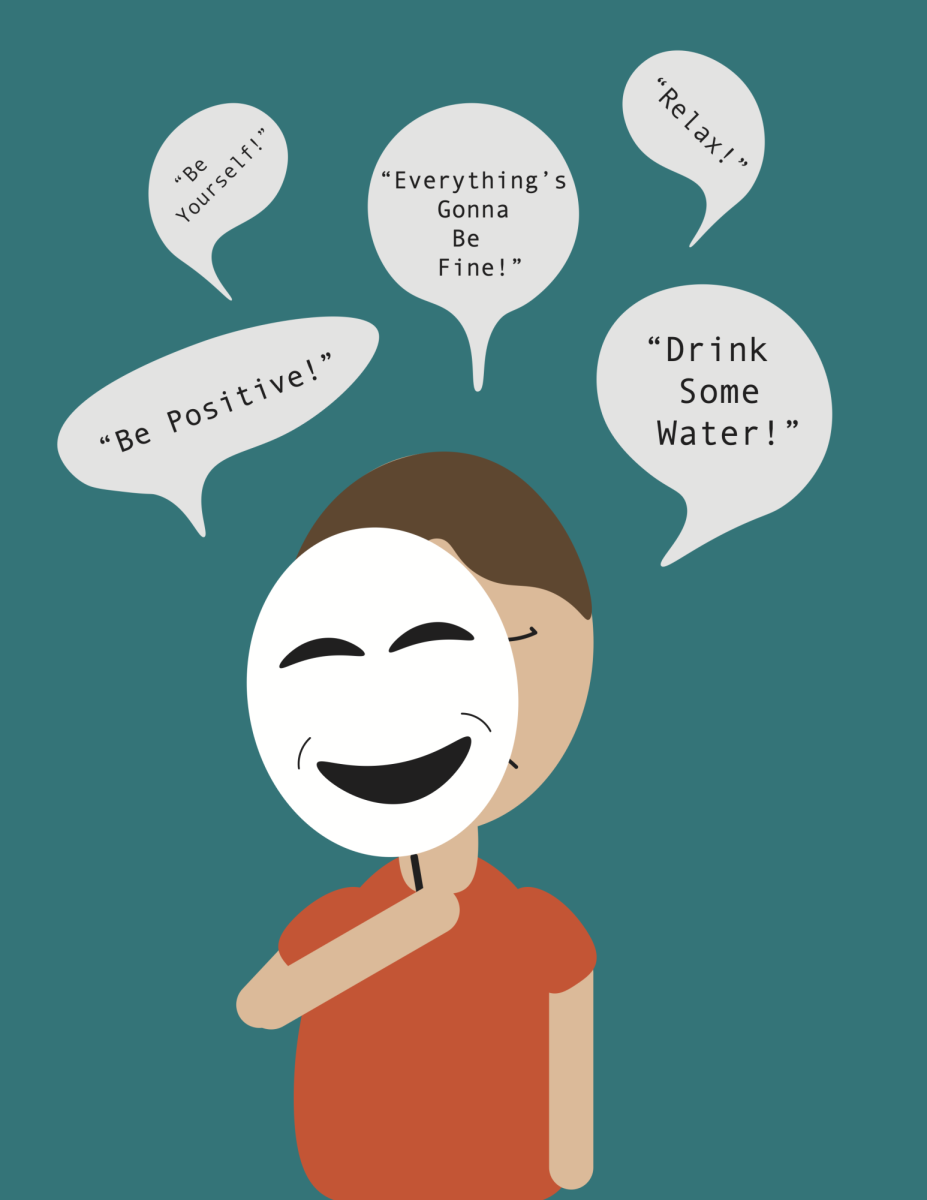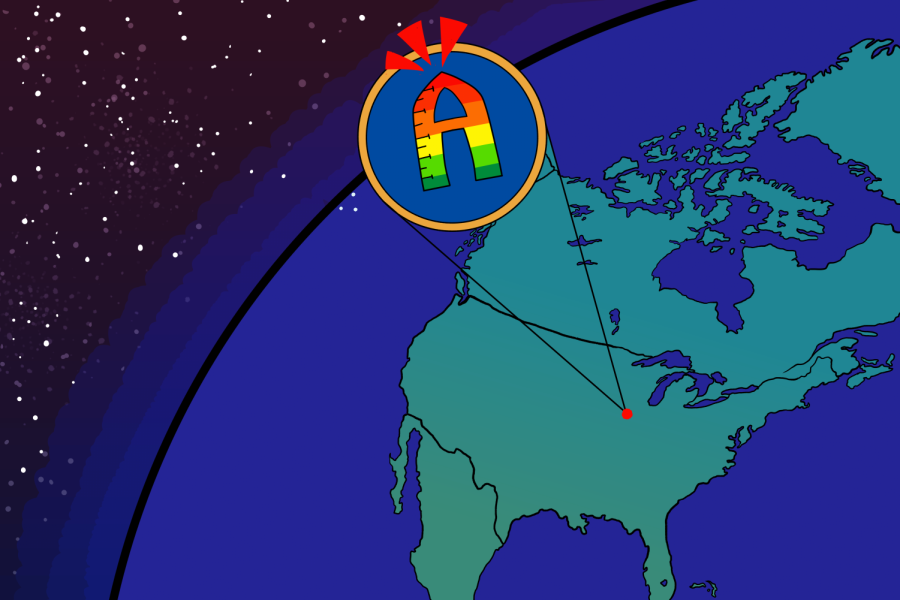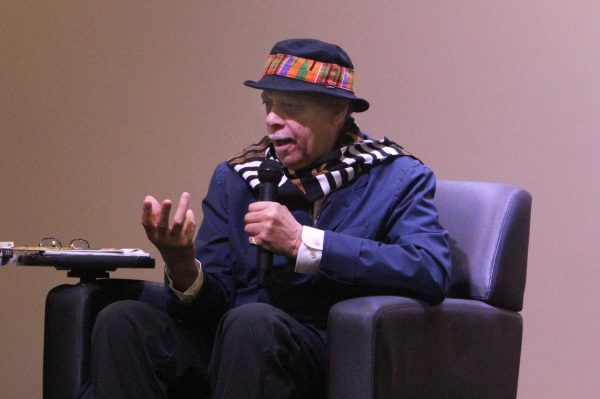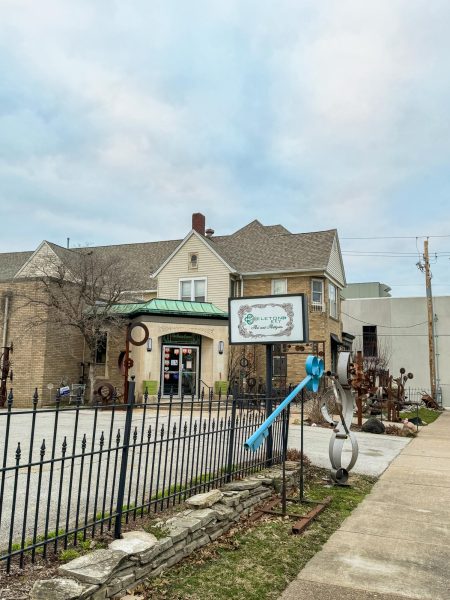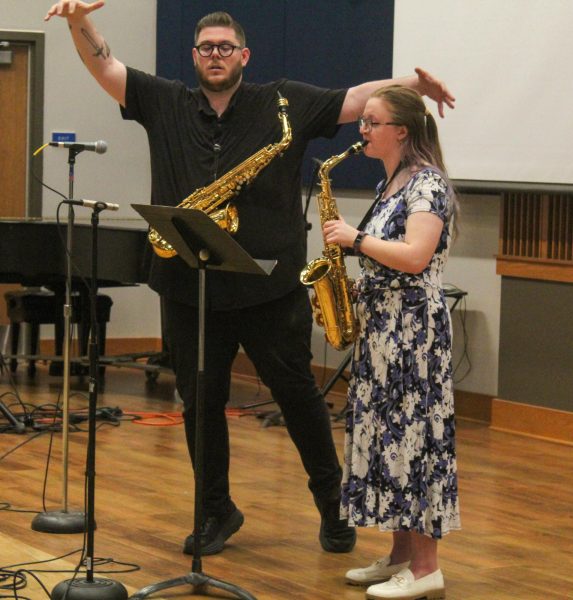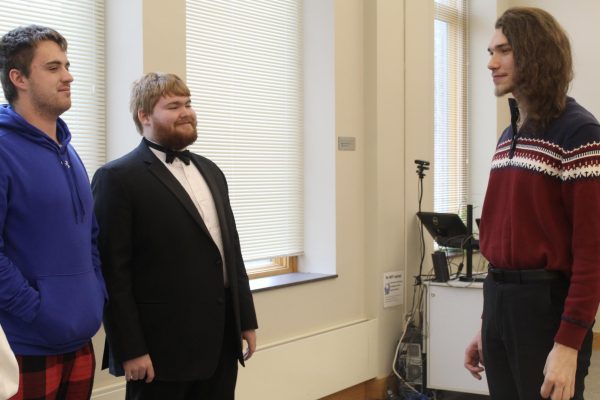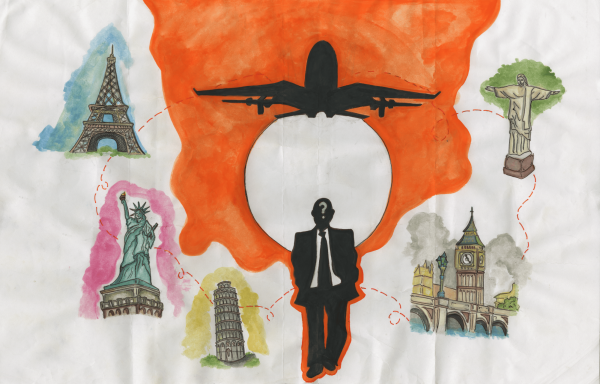Meltdown: Climate anxiety during a pandemic
April 16, 2022
The COVID-19 pandemic has uncovered a lot of social ills across the world. We all understand how difficult it has been to change our typical ways of being at the drop of a hat. From lockdowns to masks, much of our everyday lives have been uprooted and altered.
Alongside this uncertainty comes significant stress and anxiety. Returning to “normal” life has been difficult and exhausting after finally feeling adjusted to the “new normal.” Going to class and work and socializing all look and feel different now after so long inside.
COVID-19 has changed life as we know it, but it is not the only issue that will continue to alter everyday life. Climate change produces similar feelings in many people, especially those who dedicate their time to studying its effects. As an environmental studies major myself, I have been privy to both of these issues, and they can often feel crushing.
When you are one student sitting in a college classroom learning every single day about how we have permanently altered the planet, it can be scary and hopeless. I struggle knowing that these large-scale issues will take worldwide action and I am one, singular individual. It is a lot to put on anyone’s shoulders.
However, I am not the only student feeling this way. Zack Horve, sophomore Environmental Studies major, said he has similar feelings on the issue. “Once you really start studying it at a more professional level, the scope of it [climate change] widens and it becomes something that kind of dominates your whole life. It’s the fate of the human race on the line,” he said.
Eco-anxiety, or climate anxiety, is typically referred to as feelings of stress, guilt, fear or helplessness in regard to how life will unfold if we continue to go about our business as usual.
Dr. Jason Mahn, professor of religion, believes that climate anxiety is so much more than a basic fear of the situation. “When you fear something, you know what you’re fearing and you can face that, and you can fight or you can flee, right? That’s what we often do. Anxiety is a much more amorphous, kind of shapeless thing, where we know that there is terror and doom, but rather than being able to face that or run from that, we tremble,” he said.
Eco-anxiety has woven itself into the environmental movement, especially throughout the last few years. A poll done by the American Psychological Association (APA) found that 56 percent of adults believe that climate change is one of the most serious issues affecting society today. 47 percent of young adults feel like eco-anxiety affects their everyday lives.
“We, as a human species, have created problems that we don’t know how to get out from under. [We fear] that our very existence and the existence of other creatures is at stake,” Mahn said. “We talk as though we want to fight this, but for many of us, the problem seems so overwhelming, like standing over an abyss where our natural and first instinct is to go weak in the knees.”
In the current generation of college students, climate change is a topic that is discussed in many different places. It has become ever more pervasive since the 1970s, and now there is almost no escaping discussions about our earth and its systems in college classrooms. It even makes itself known at the dining room table.
For students in these fields, it can be really difficult to take on a burden that feels insurmountable, but it also provides them with the skills to feel like they are able to make a difference.
“[For] an average person, it’s kind of difficult to see where you fit into [climate change] and that contributes a lot to hopelessness, but I feel like for me, I get a lot of reassurance from knowing that I will be going into a profession that will not solve everything; but will help in some way,” Horve said.
The constant consumption of media and news has made these issues feel enormous. When the news bombards us with images of trash-filled beaches and destruction from tornadoes and hurricanes, it is easy to feel hopeless.
“We see natural disasters seemingly happening every month, these once in a lifetime weather events that continue to happen more and more frequently. What you don’t see is a connection being made to climate change,” Horve said.
This climate anxiety can seem unavoidable. However, there are ways to get through it if you do experience it. “One way through that anxiety that comes from this bombardment of images and information about global climate change is to stay local. I mean, we have to continue to act locally, even if our awareness and our consciences are global,” Mahn said.
Emotional resilience is an important tool in order to allow us to mitigate some of this anxiety, but making changes in our personal lives can also help reassure us that there is some measure of change that can be made.
“We certainly need to act as a country and as a planet. But we also know that people at Augustana aren’t in the kinds of positions of power [like] business leaders or governmental leaders, where the decisions we can make will lead to the kind of changes that we know are needed now,” Mahn said.
On campus, some of these local changes are being enacted. A new compost system has been implemented at Augie Acres with the intention of composting more food from the Gerber Dining Center. The Lindberg center is LEED Silver certified, a globally recognized certification in regards to sustainable building.
Sections of campus are prairie restoration sites. Students can thrift their clothes or eat less red meat and create positive change. These small, localized changes will create ripple effects and a more sustainable campus.
In the fall of 2019, a student-organized climate strike took place in the lower quad where students shared their thoughts about the subject.
“I feel like a lot of students in the environmental fields experienced it a little bit harder,” senior Olivia Smith said.
Dr. Mahn’s practice to cope with climate anxiety is to plant a garden. “This is a way to remind myself that I’m not entirely dependent on corporations and governments for my survival and my well-being. To rely on my family and my neighbors and myself to know that that’s where my life comes from, is a really, really, incredibly hopeful thing,” he said.
On the note of hope, it’s one of the most important ways to ground us in times of uncertainty, whether it be from COVID-19 or climate change. In 2020, carbon emissions dropped 7 percent which was the largest decline in human history, and dolphins returned to Venice, all indications that there is capacity for change and improvement in an eco-anxious world.
In regard to hope versus climate anxiety in the face of a pandemic, “I think it gave us hope as to what collective action can do, obviously collective action in that case was in response to something that was more immediate to us than most people would consider climate devastation. I think it brought more hope than dread,” Smith said.
Without hope, we become numb to problems like pandemics and climate change. By employing hope in the face of hardship, we can cope with insurmountable struggle. In order to help make these struggles less overtaking in the future, it is important to take action, no matter how small. It may not be entirely fixable, but it can be mitigated and we can adapt. Through a lens of hope and resilience, a better world is possible.
